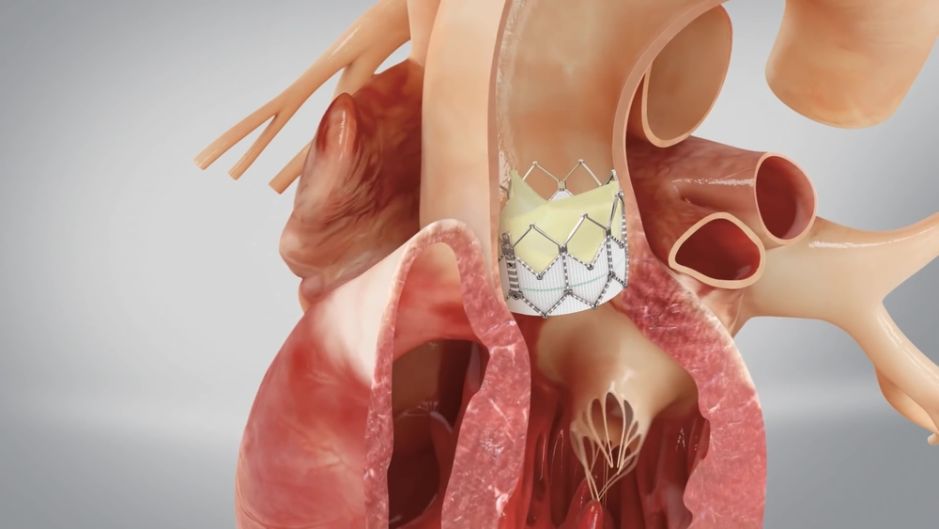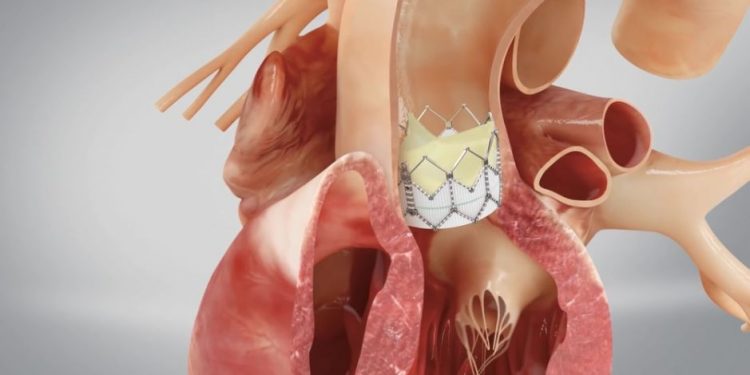Aortic valve symptoms are usually not life-threatening and may be mild, but they can cause serious problems if not treated. Symptoms include shortness of breath, fatigue, heart palpitations and swollen ankles and feet.
The aortic valve is located on the aorta, the main blood vessel that transports blood from your heart to all parts of your body. It consists of three flaps, or leaflets, that fit together and open and close to let blood flow.
In a healthy heart, these leaflets let blood flow freely from your heart into the aorta, while closing tightly to prevent it from flowing backward into your heart. Aortic valve disease occurs when the aortic valve does not function properly. It can be caused by one of several conditions, including a congenital defect (a condition present at birth) or acquired from other causes.
Congenital defects, such as bicuspid aortic valve (BAV), increase the risk of aortic stenosis and aortic regurgitation. This condition also makes it more likely for you to have a heart attack, stroke or other serious heart problem, and even death.
Your doctor can diagnose aortic valve disease by taking a medical history, performing a physical exam, and reviewing results from diagnostic tests. In some cases, a test called cardiac catherization may be needed. This procedure involves inserting a catheter into a vein or artery in your arm, neck, or groin and maneuvering it to the heart. Once in place, the catheter is used to measure pressures in your heart’s chambers and measure blood flow through the aortic valve.
Aortic stenosis, the most common type of aortic valve disease, occurs when the opening of the aortic valve narrows. This restricts the flow of blood and causes the heart to work harder to pump blood through the narrowed opening.

If you have aortic stenosis, your doctor will monitor the condition with regular checkups and treatment if necessary. Your doctor may prescribe medicine to control your blood pressure, treat any other health conditions you have and help the heart’s muscles work better.
You might need surgery to replace or repair your aortic valve. This is done either through a small incision in your chest, or through a larger incision in your thigh or groin. Aortic valve replacement surgery can be performed in a hospital, but you will need to stay in the hospital for several days after the procedure.
Surgical aortic valve repair is often the best way to deal with aortic stenosis that is causing symptoms. Your doctor will need to remove your old aortic valve and replace it with a new one made of metal, synthetic material or tissue.
Aortic stenosis isn’t typically preventable, but you can follow a healthy lifestyle to reduce your risk of developing aortic valve disease in the future. You might need to limit your alcohol and other drug use, eat a healthy diet and get plenty of exercise.
If your doctor determines that you need aortic valve replacement, you will need to take medications for the rest of your life to lower your blood pressure, prevent clots and keep your heart from becoming damaged by toxins in your blood. You might need to take medication for high blood pressure and cholesterol, too.









